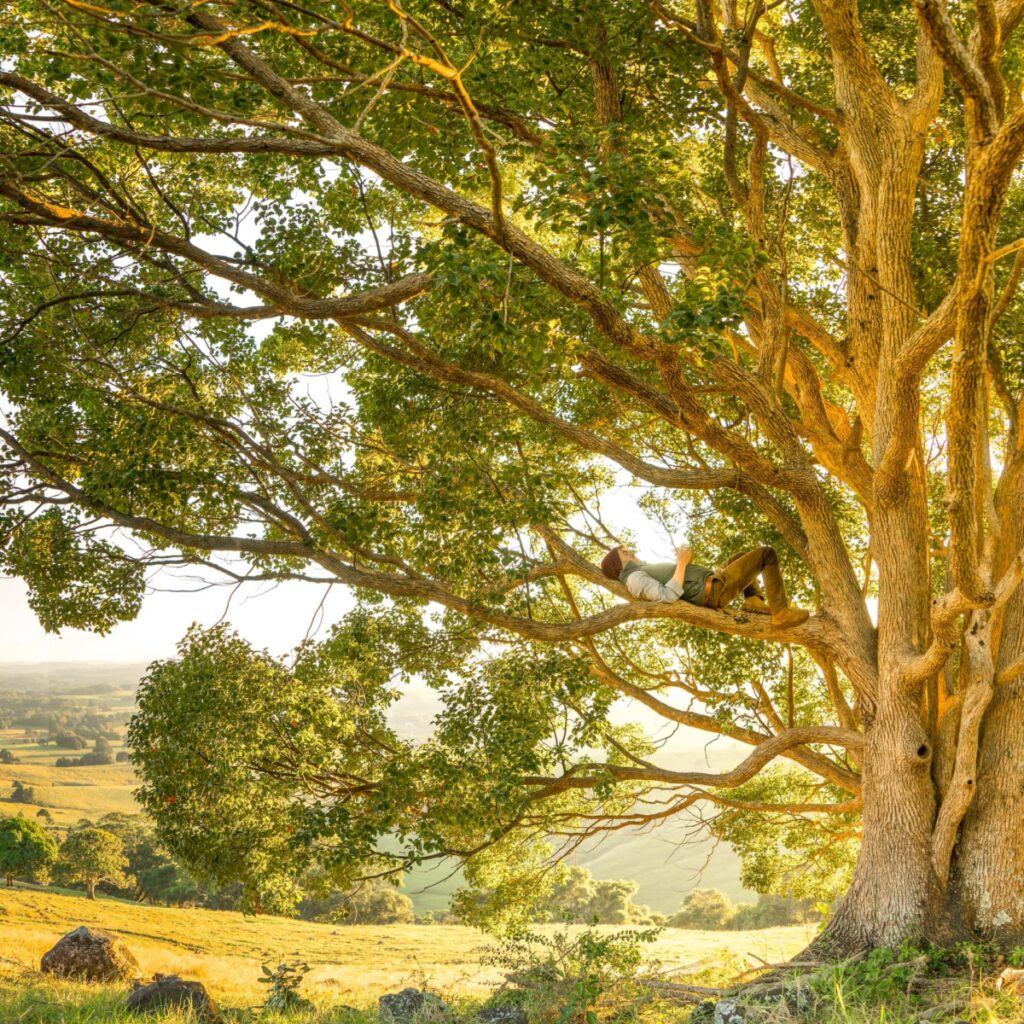Forests are one of the most important tools in the fight against climate change. They help to regulate the Earth’s temperature by absorbing carbon dioxide and releasing oxygen into the atmosphere. Trees also play a role in precipitation by releasing water vapor into the air which then condenses and falls back to the ground as rain or snow.
Without forests, the Earth would be a much hotter and drier place.
Forests play an important role in climate change. They help to regulate the global climate by absorbing carbon dioxide and releasing oxygen back into the atmosphere. Trees also help to keep the ground cool by providing shade and evapotranspiration.
Forests are a key part of the Earth’s natural systems that help to maintain a stable climate.

Credit: www.un.org
Does Forest Affect Climate Change?
Forests play an important role in the global carbon cycle and can help to mitigate climate change. Trees take in carbon dioxide from the atmosphere and release oxygen back into it through photosynthesis. When trees are cut down or burned, this stored carbon is released into the atmosphere, contributing to greenhouse gas emissions.
It is estimated that deforestation accounts for around 10% of global greenhouse gas emissions each year.
In addition to storing carbon, forests also help to regulate local and regional climates. They affect rainfall patterns and can help to cool the air temperature by providing shade and evaporative cooling.
Forests also play a role in controlling the release of water vapor into the atmosphere which can influence cloud formation and precipitation patterns.
While there are many ways that forests can positively impact climate change, there are also some activities that can have negative impacts. For example, slash-and-burn agricultural practices often result in large forest fires which emit large amounts of greenhouse gases into the atmosphere.
In addition, illegal logging operations clear huge areas of forest which reduces their capacity to store carbon and provide other environmental benefits.
What Important Role Do Forests Play for the Environment?
Forests play an important role in the environment by providing a home for wildlife, purifying the air and water, and helping to prevent climate change.
Wildlife: Forests provide a habitat for many different species of animals, birds, and insects. This is important because it helps to maintain the biodiversity of our planet.
Purifying the air and water: Trees and plants absorb carbon dioxide and other pollutants from the air. They also help to filter out harmful chemicals from rainwater as it seeps into the ground. This helps to keep our air and water clean.
Preventing climate change: Forests play a role in regulating global climate by absorbing carbon dioxide from the atmosphere. This helps to offset some of the greenhouse gases that contribute to climate change.
Forests and climate change: The pitfalls and benefits of reforestation
What Important Role Do Forests Play in Climate Change Quizlet
Forests play an important role in climate change. They help to regulate the Earth’s temperature by absorbing carbon dioxide and releasing oxygen into the atmosphere. Trees also help to prevent soil erosion and provide a habitat for many species of animals.
Why are Forests Important for Mitigating Climate Change
Forests play a critical role in mitigating climate change by sequestering carbon dioxide from the atmosphere. Trees and other vegetation absorb carbon dioxide through photosynthesis, which is then stored in their leaves, branches, and roots. In this way, forests act as natural sponges for atmospheric carbon dioxide.
According to recent estimates, global forests currently store approximately 2.4 trillion metric tons of carbon (equal to about 60 percent of all the carbon stored in terrestrial ecosystems). This makes forests one of the largest potential reservoirs for mitigating climate change. In addition to storing carbon, trees and other vegetation also help regulate local climates by providing shade and evaporative cooling.
Despite their importance, forests around the world are under threat from deforestation and other forms of land-use change. Deforestation accounts for approximately 10 percent of global greenhouse gas emissions—more than the entire transportation sector. If we want to adequately mitigate climate change, it is essential that we protect and restore our forests.
Why are Forests Important for Mitigating Climate Change Brainly
Forests are important for mitigating climate change because they help to remove carbon dioxide from the atmosphere. Trees and other plants absorb carbon dioxide as they grow, which helps to offset the greenhouse gas emissions that contribute to climate change. In addition, forests provide a variety of other environmental benefits such as improving air quality, providing habitats for wildlife, and protecting against soil erosion.
Why are Forests Important for Mitigating Climate Change Quiz
Forests play a vital role in mitigating climate change by sequestering carbon dioxide from the atmosphere. Trees and other plants absorb carbon dioxide through photosynthesis and store it in their biomass, which helps to offset the greenhouse gas emissions that contribute to global warming. In addition, forests provide many other environmental benefits, such as improving air quality, providing habitat for wildlife, and regulating local climates.
Forests are an important part of the global effort to combat climate change, and they need our protection. Deforestation is a major contributor to greenhouse gas emissions, so it’s essential that we work to protect forests and promote reforestation initiatives. You can do your part by supporting organizations that work to protect forests, such as The Nature Conservancy or the World Wildlife Fund.
You can also help by reducing your own consumption of products made from wood and paper, and by choosing products with certified sustainable forestry practices. Every little bit helps!
Conclusion
Forests play a critical role in climate change. Trees absorb carbon dioxide, which helps to regulate the Earth’s temperature. When forests are destroyed, this process is disrupted and can contribute to global warming.
Additionally, forests help to conserve water and prevent soil erosion. They also provide homes for many plants and animals and are a vital part of the Earth’s ecosystem.
Related Articles
How To Measure Diameter of a Tree Without Crossing The Line
 Dr Ahsanur Rahman, PHD
Dr Ahsanur Rahman, PHD
How To Care For Young Trees With Damaged Bark
 Dr Ahsanur Rahman, PHD
Dr Ahsanur Rahman, PHD






